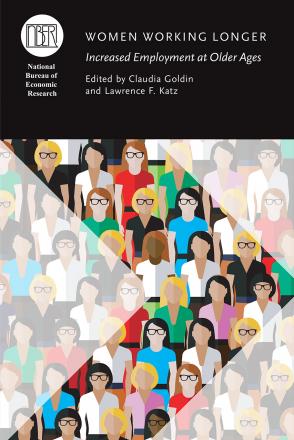Teaching, Teachers’ Pensions, and Retirement across Recent Cohorts of College-Graduate Women

Labor force participation rates of college-educated women ages 60 to 64 increased by 20 percent (10 percentage points) between 2000 and 2010. One potential explanation for this change stems from the fact that fewer college-educated women in the more recent cohorts were ever teachers. This occupational shift could affect the length of women’s careers because teaching is a profession where workers are covered by defined benefit pensions and, generally, defined benefit pensions allow workers to retire earlier than Social Security. I provide evidence supporting the hypothesis and show that older college-educated women who worked as teachers do not experience increases in labor force participation as large as their counterparts who never taught.
-
-
Copy CitationMaria D. Fitzpatrick, Women Working Longer: Increased Employment at Older Ages (University of Chicago Press, 2017), chap. 7, https://www.nber.org/books-and-chapters/women-working-longer-increased-employment-older-ages/teaching-teachers-pensions-and-retirement-across-recent-cohorts-college-graduate-women.Download Citation


